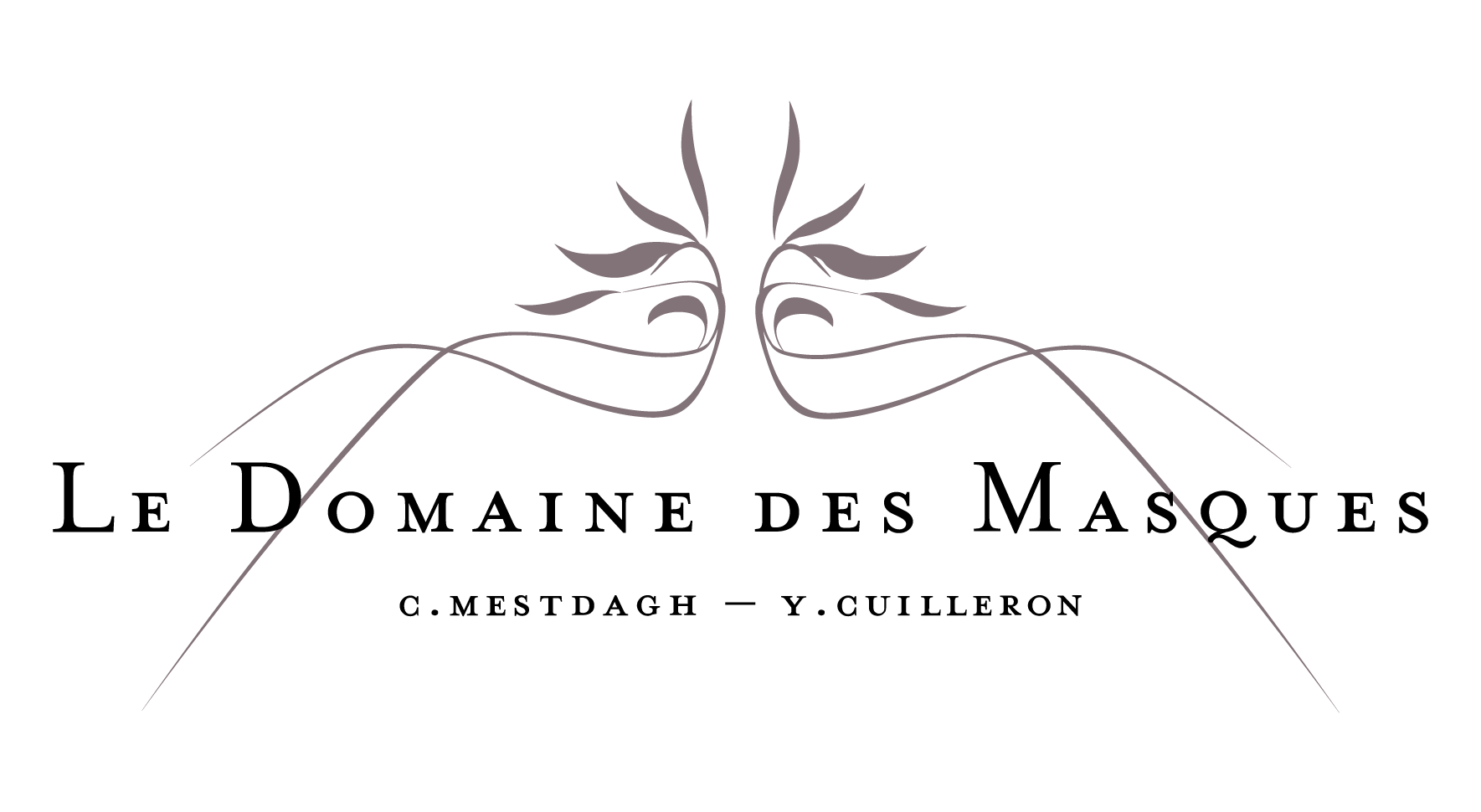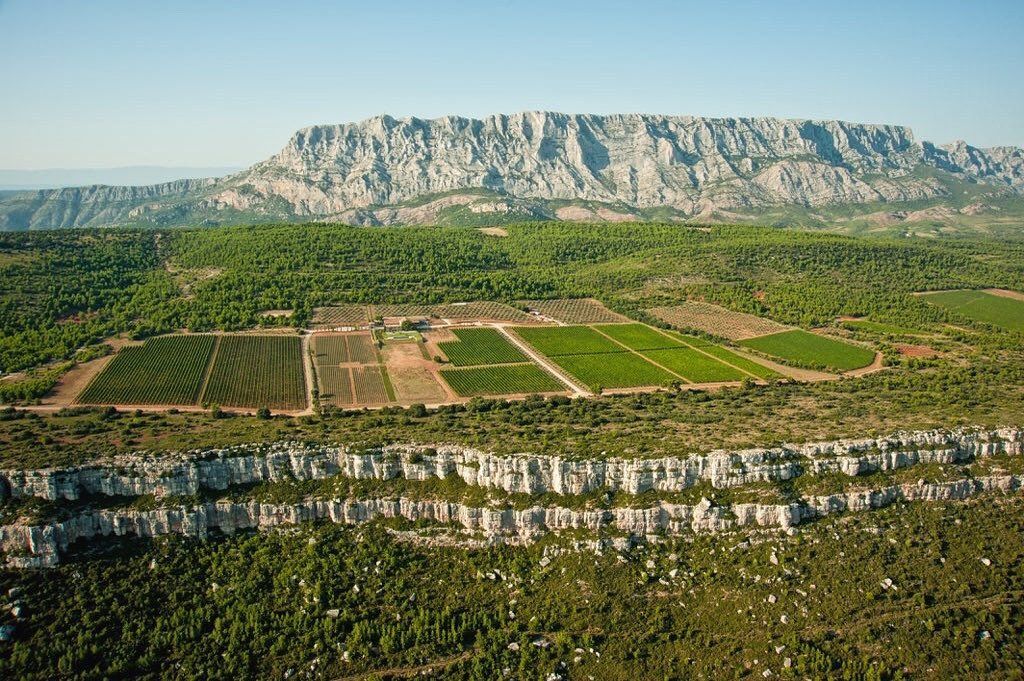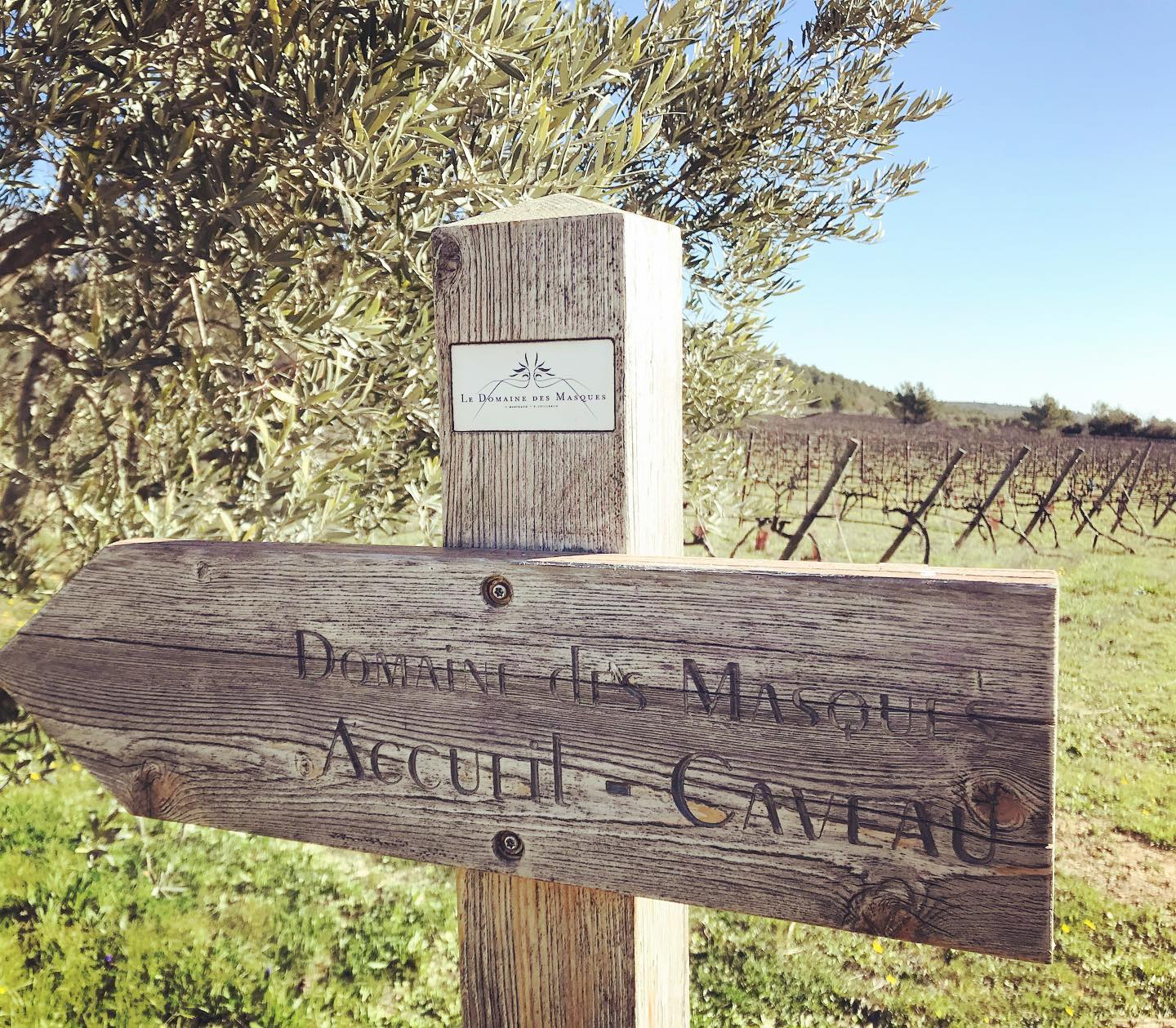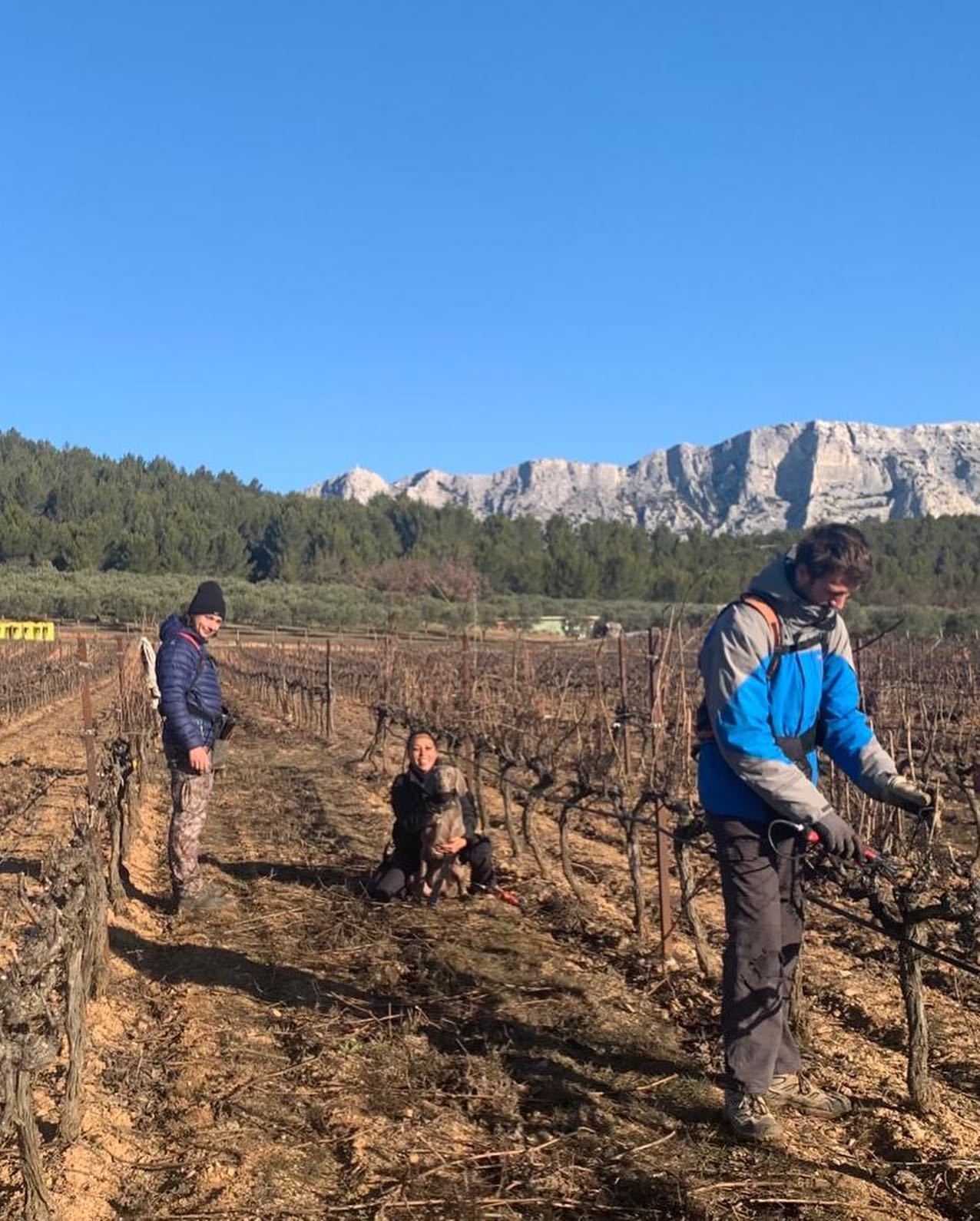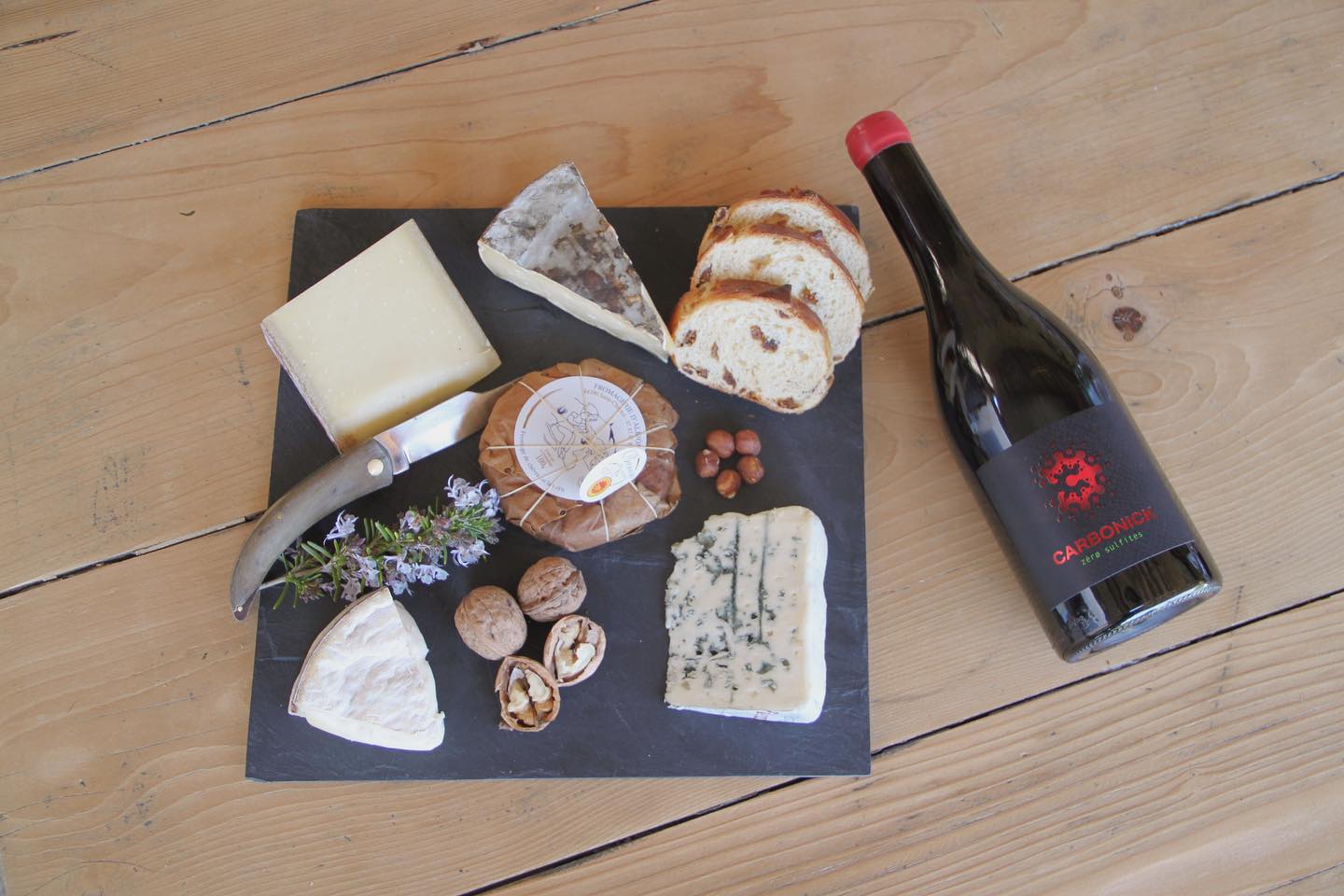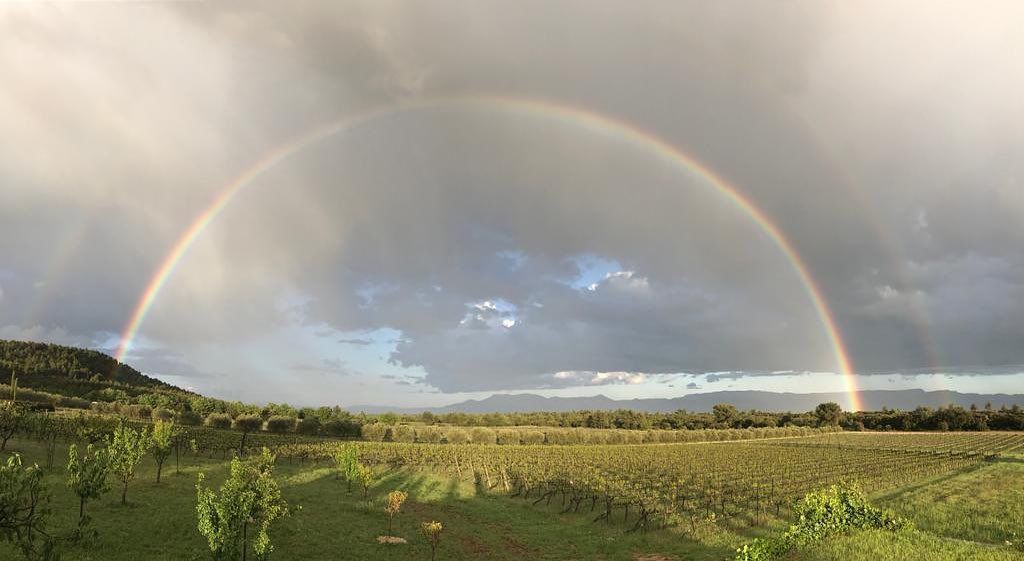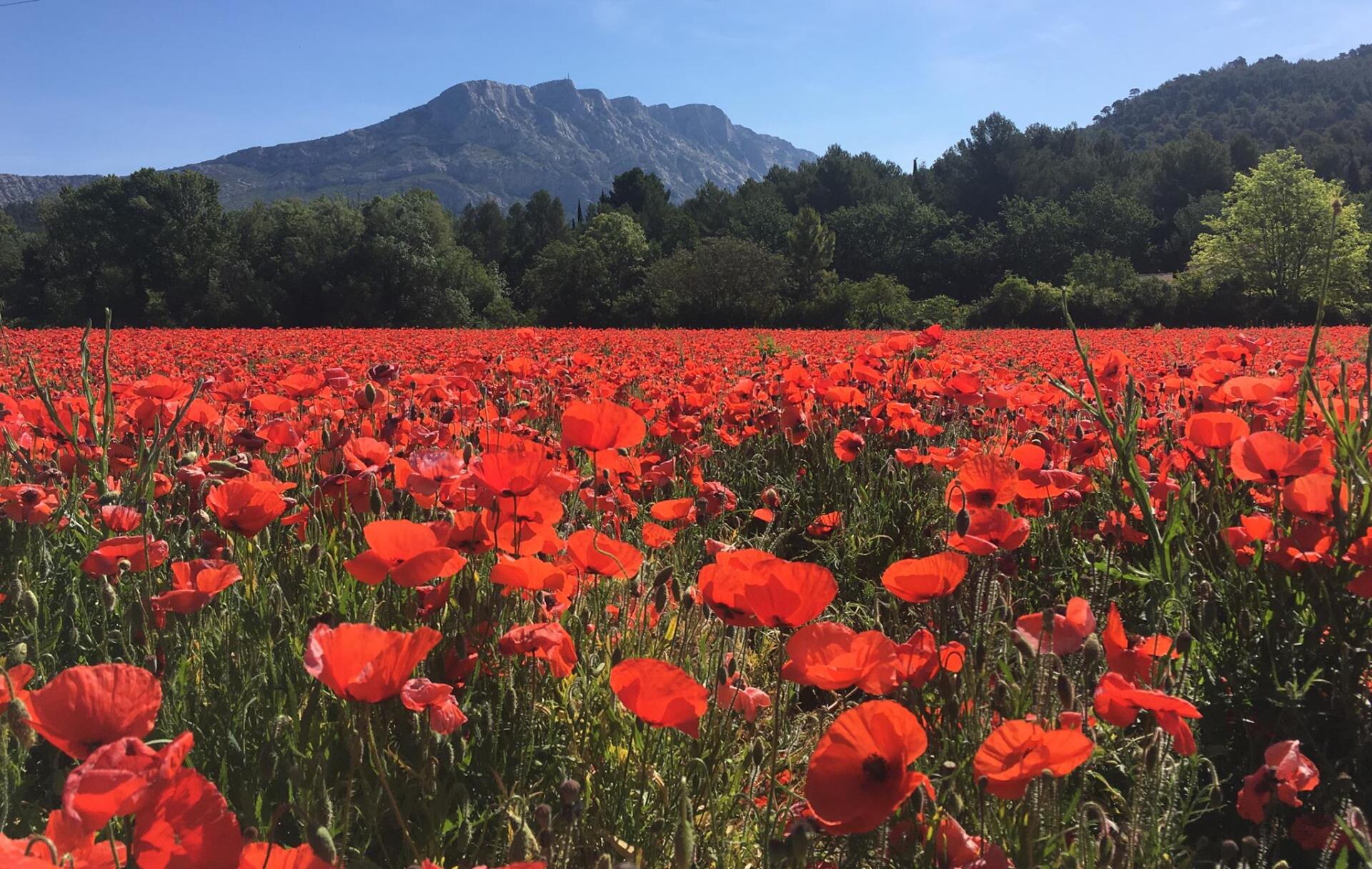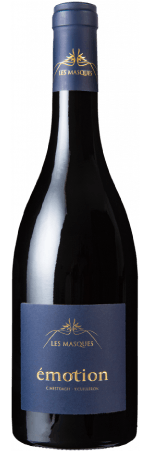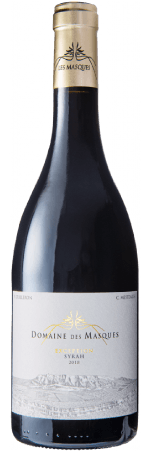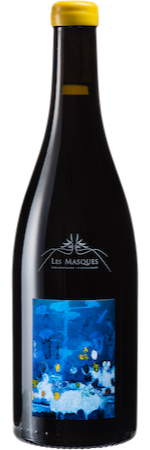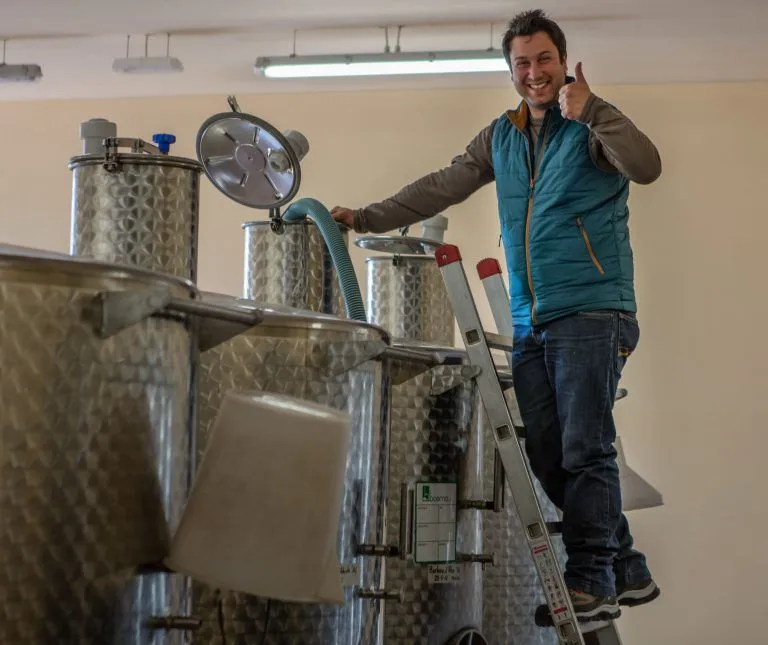Domaine des Masques
Plateau du Cengle, Provence, France
The vineyards of Le Domaine des Masques stand-alone, totemic, far from the madding crowds, singled out from the rest of Provence. Perched aloft the Plateau du Cengle, at the base of the iconic Montagne Sainte-Victoire, sits this near-mystical farm, at times bathed in cloudless light, at times in a sublime fog. It’s this tension, this mercurial dynamism, that leaves its stamp on these lofty wines.
Montagne Sainte-Victoire is a deeply magical place in the French imagination. I remember studying Paul Cézanne in my art history class and learning how in his late years he moved home to Aix-en-Provence, just 15km west of this storied summit, and became obsessed with it. He painted it over and over again for the rest of his life. It is a bewitching mountain. It’s no wonder, France declared the area a Natura 2000 preserve and a Grand site de France.
It was that same magnetic fascination that led to the planting of Domaine des Masques after the great fire of 1989. Carl & Sophie Mestdagh purchased the vineyards in 2003 with the belief that they could become iconic. At that time it consisted of a small farmhouse and 5 hectares of vines. They invested their passion and resources into increasing the planting to 20 hectares and modernizing the cellars, partnering with Northern Rhône wine legend Yves Cuilleron and the Provence wunderkind Yannick Burles, a vigneron whose family has farmed in the shadow of Sainte-Victoire for over 200 years. As a team, they’ve taken on this monumental vision, to produce heroic wines ex nihilo.
The Domaine’s name is the skeleton key that unlocks that vision. The Masques (or Masquo in the local dialect) were folkloric sorcerers and witches believed to live furtively on this plateau. These beliefs were maintained by locals right up to the early 20th century. The Masques were said to live in this inaccessible woodland because it was so richly adorned in the garrigue herbs needed for both medicines and magical potions.
Carl & Sophie Mestdagh knew what most Rhône wine fanatics know: that these garrigue herbs also do wonders for the wines grown among them. Moreover, dense biodiversity develops resilience in vines. Combine this with the soaring elevation of the plateau, the wind-cooled microclimate, and the limestone rich soils, and you have the mise en place for growing magical potions of the grape-based persuasion!
Not only does Mt. Sainte-Victoire deprive the plateau of Provence’s Mediterranean warmth but it also captures and accelerates cooling winds off the Massif. Combine this with the heady 500m elevation and you have vineyards where ripening will be perfectly bridled, allowing for longer hang-times and phenolic maturation while maintaining a tensile acidity in the fruit.
The soils could not be more inviting either. The surface is composed of fast-draining hard grey limestones from the Lutetian period of the Eocene, more or less decomposed into scree and clays. The vines’ roots quickly reach the bedrock below the soil and force their way into the pores, creating long-lived carbohydrate-rich structures below the soil that check yields and promise longevity.
Altogether, these well-known elements of promising terroir remained unused for all these centuries, no doubt due to the remote plateau’s cliff encompassed isolation. It is a reminder that all of the most famous and highly regarded areas for wine farming were once as virgin to vines as this plateau. Perhaps if the Plateau wasn’t so forbidding to access it too would have been planted with vines in the earliest years of Roman conquest or during medieval Monastic settlement and today it would be as canonized and celebrated as so many others.
For all these reasons, it is crucial to both identify and distinguish Domaine des Masques from its home in Provence. While on the one hand situated on the most iconic natural feature of the region and with Yannick Burles being deeply entrenched in Provençal history and culture, the Estate’s micro-climate allows for the growth of tensile Chardonnay, Viognier, Pinot Noir, and Syrah quite unlike the expressions we normally expect from this warm, Mediterranean nook of France. The wines are bold and serious and have an independent attitude about them, content in their frank assertions, showing a wind-swept tension and a certain conviction that speaks to the adventuring nature of this entire project.
Wines by this Producer
News, Views and Happenings from Vino al Vino
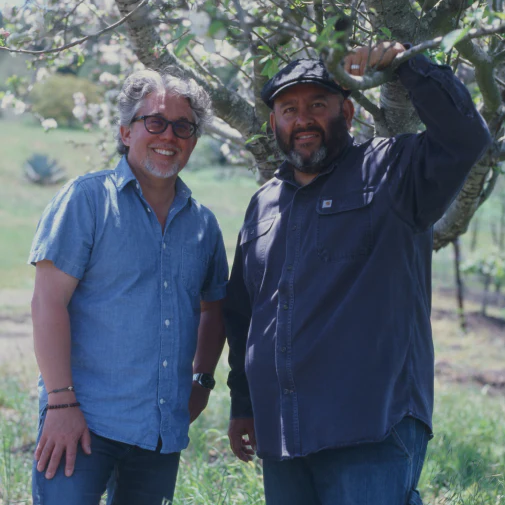
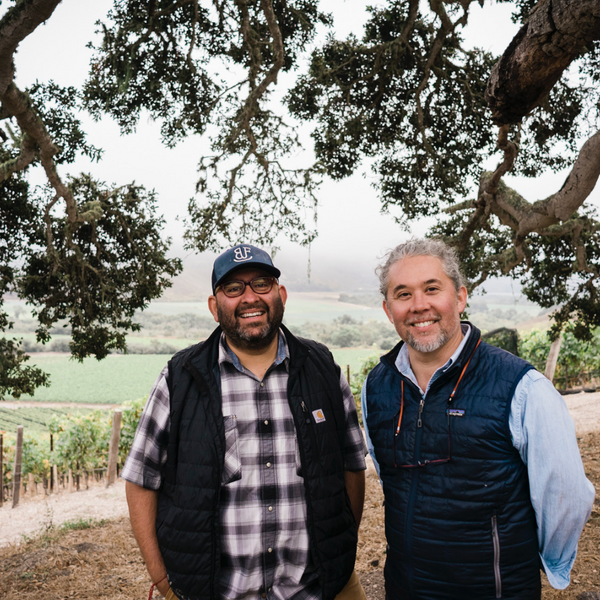
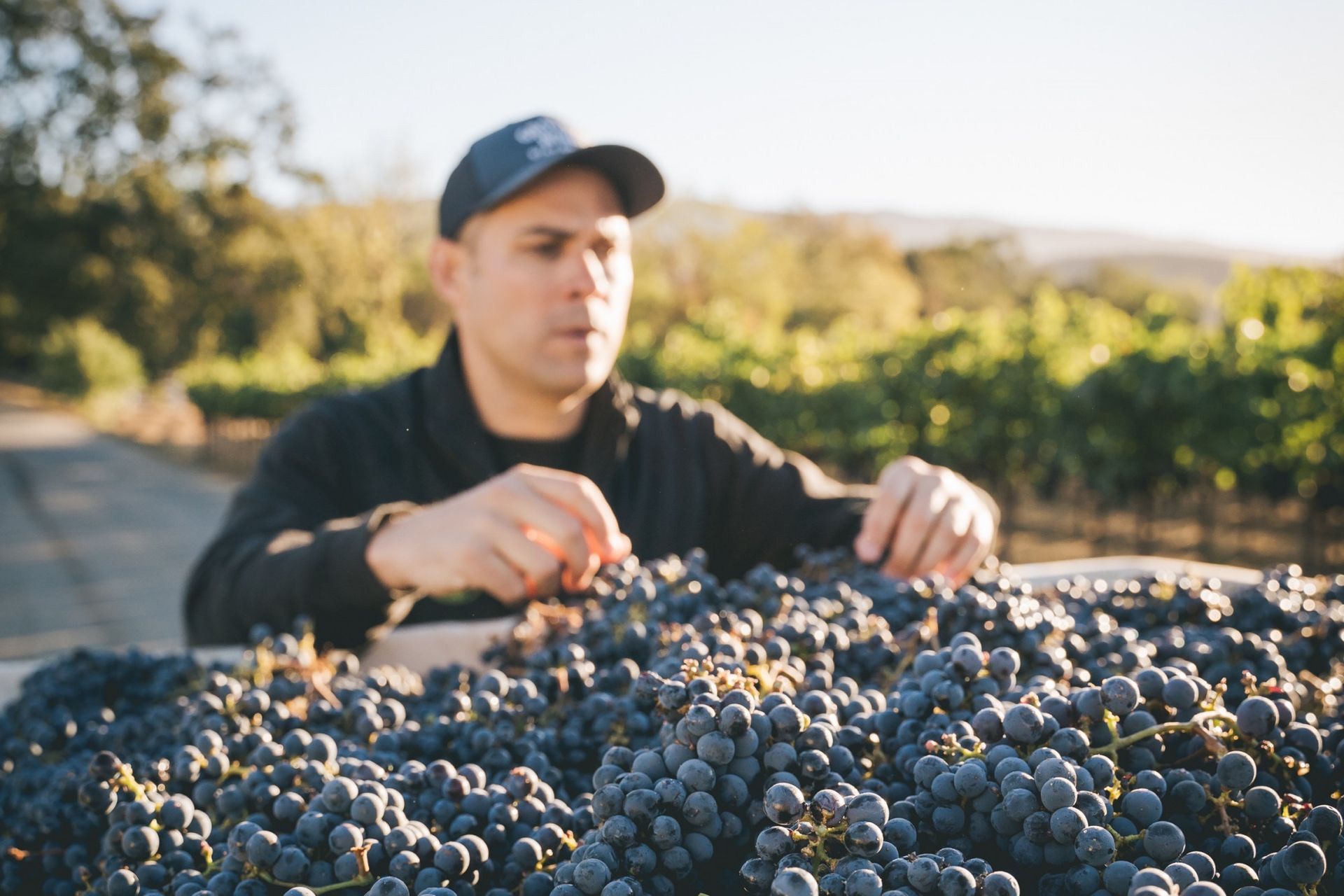
Calgary + Alberta South
Andrew Stewart
403-604-0408
andrew@vinoalvino.ca
Edmonton + Alberta North
Joe Gurba
780-203-5284
joe@vinoalvino.ca
Saskatoon + Saskatchewan
Kerrie Gavin
306-290-0277
kerrie@vinoalvino.ca
Join Our Newsletter*
Contact Us
We will get back to you as soon as possible.
Please try again later.
*By submitting this form, you are consenting to receive marketing emails from: Vino Al Vino Inc. https://www.vinoalvino.ca. You can revoke your consent to receive emails at any time by unsubscribing.
Contact Us
We will get back to you as soon as possible.
Please try again later.
*You are consenting to receive marketing emails from us. You can revoke your consent at any time by unsubscribing.
2014 - 2023 © All Rights Reserved Vino Al Vino Inc.

